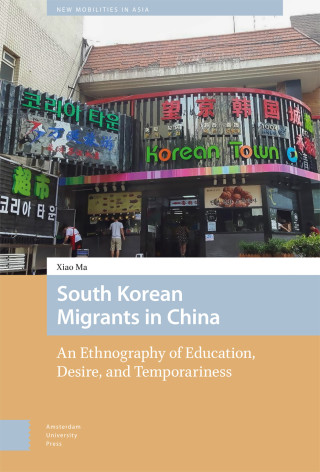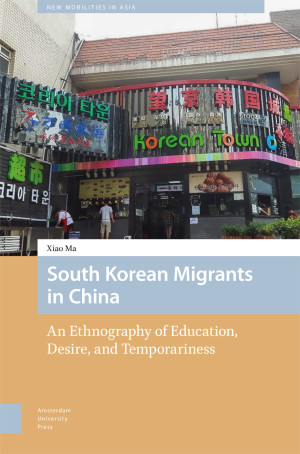This book is an ethnographic account of education and migration from the perspective of three groups of South Koreans in contemporary China: migrant parents, children/students, and educational agents. The book reveals how these temporary migrants make choices, plan their trajectories and engage with the authorities, both in China and South Korea. Migrant subjectivities among these groups are driven by and respond to the education-migration regimes of both the sending and receiving countries. As ‘people in between’, they occupy flexible and multiple positionalities that are transnationally distributed. However, paradoxically, they experience a juxtaposition of privilege, integration and separation, which is indicative of the Chinese style of internationalisation. The book adds weight to the argument that China is a temporary destination for foreigners and not one for long-term settlement.

